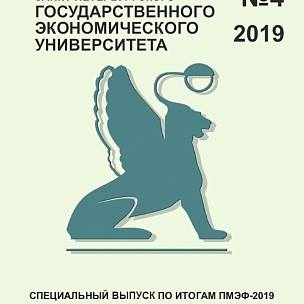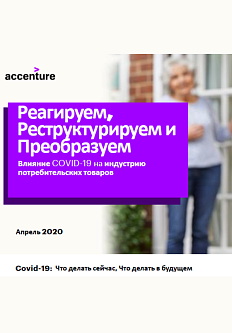The analytical service of the international audit and consulting network FinExpertiza presents the Total Russian salary fund during the coronavirus pandemic from March to May 2020 survey results. According to calculations, the salary fund size decreased for the first time in two decades — by 4.7% compared to the same period last year. This is the first reduction in the salary fund for the spring period since at least 2001, the beginning of the observed period, when the flat personal income tax rate was introduced in the country. In the early 2000s, the «white» wage fund grew at a double-digit rate.
Roscongress Foundation analysts highlighted the main theses of this research, accompanying each of them with suitable fragments of video broadcasts of panel discussions held as part of business programs of the key events hosted by the Foundation.
According to statistics on personal income tax collections, for the three spring months of 2020, which included a period of non-working days and severe economic restrictions, the total wage fund of employed Russians decreased by 4.7% compared to last spring — to RUB 6.8 trillion.
This decline in the wage fund is the first in a long period since 2001. Since the beginning of the 2000s, the «white» wage fund has grown at double-digit rates: for each spring, the growth rate from year to year was above 20%, or even 30%. The dynamics slowed down to a minimum of 0.8% only in spring of the crisis 2009 (taking into account the peak inflation of that period, the real wage fund fell significantly), but then the growth accelerated again, although the pace became more moderate. Another sharp slowdown occurred in 2015, a disastrous year for the Russian economy, when the total amount of wages paid to Russians increased by 3.5% over the three spring months and continued to grow until the current period.
In 2020, the positive salary dynamics were supposed to continue, but the coronavirus pandemic changed everything. So, in March 2020, before the start of the April non-working days and the introduction of severe economic restrictions, the total amount of wages paid to Russians even increased by 12% compared to February, but in April, at the height of the «coronacrisis», it fell by 23% compared to the previous month and in May decreased by 7%.
This reduction is due to several factors, including direct cuts in salaries or allowances, a decrease in the total number of employees, and transfer of some employees to part-time work. Official unemployment rose from 4.6% in February to 4.7% in March, jumped to 5.8% in April, and in May reached its highest in the last eight years, 6.1%. At the same time, the number of part-time workers in April exceeded 22 million people. For comparison, in March — May 2019, unemployment was about 4.7%, and only 6 million people worked part-time.
In general, the decrease in wages observed in March — April 2020 was recorded in 68 Russian regions. At the same time, the highest rates of decline were recorded in such regions as Udmurtia (-17.5% compared to the same period last year), Perm Territory (-13.9%), Tyumen Region (-13.9%), Krasnodar Territory ( −13.6%), the Republic of Tatarstan (-13.6%), Kemerovo region (-12.8%), Mari El (-12%), Kirov region
(-10.7%), Kostroma region (-10.6%), and Vladimir region (-10%).
In real terms, that is, taking inflation into account, wages in Russia fell only in 2015 and 2009. Therefore, this spring’s wage fund reduction means that the coronavirus has led to serious consequences for people.
During the pandemic, some workers faced wage cuts, some of them were transferred to part-time work or sent on unpaid leave. Many lost their jobs and completely lost their livelihoods. First of all, unskilled workers and people with low wages suffered. Therefore, in addition to the general decline in the well-being of population, the authors of the study do not exclude a possibility of an inequality increase.
Employees and entrepreneurs suffered during this crisis. But it can be stated that the share of social payments in the structure of income following the results of the coronavirus spring will increase significantly from 19% in the first quarter, and, most likely, will become a peak. At the same time, budgetary payments will decrease faster than the population incomes will recover.
According to Elena Trubnikova, President of FinExpertiza, the total damage from the coronavirus is still to be assessed in the future. However, it is already possible to assume that this damage will be very protracted. So, in addition to a short-term drop in counting indicators, the pandemic and the quarantine regime risk turning into long-term destructive trends in the economy and the social sphere — an even greater disproportion in the population’s incomes, a reduction in entrepreneurship, increasing public sector share in the economy and growing social tension.
See other materials posted in special sections of the Roscongress Information and Analytical System Economic Inequality, StayHomeEconomy, Labor Market and Monetary Policy, devoted to possible ways to stabilize the economy in a pandemic, as well as to the development of the labor market and issues related to changes in employment structure, the emergence of new professions, a decrease in the need for old ones, etc.






